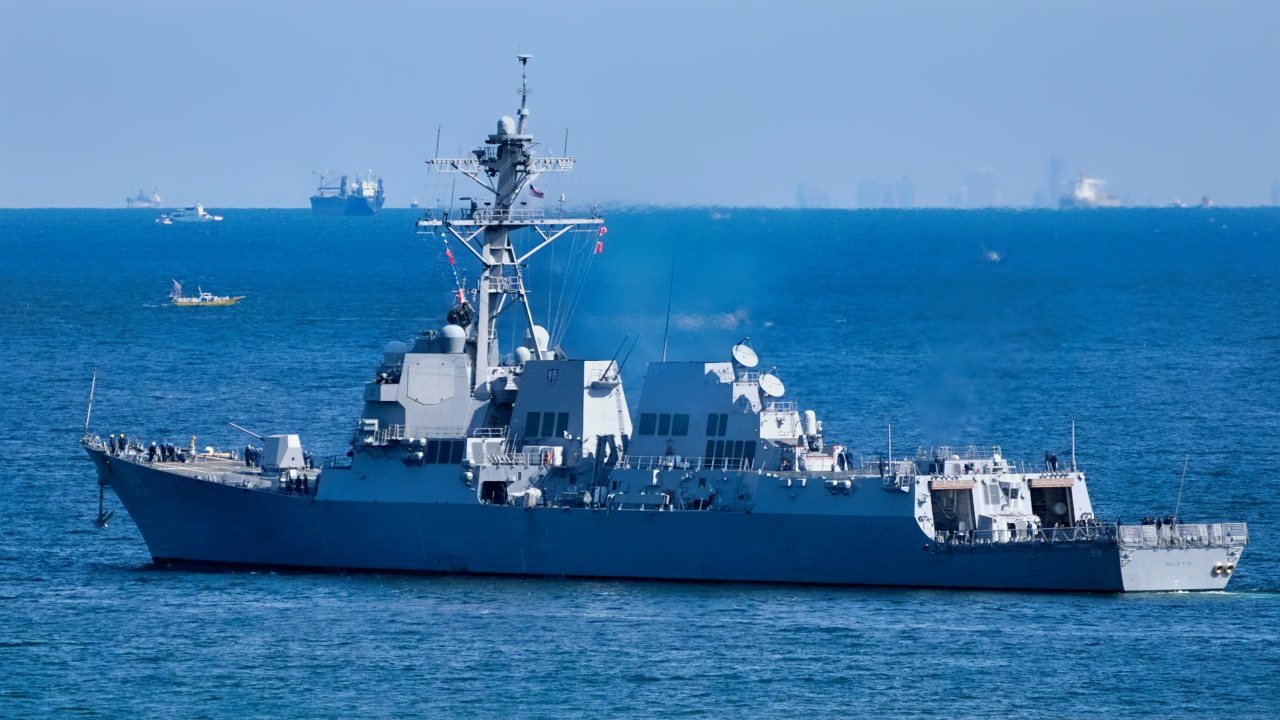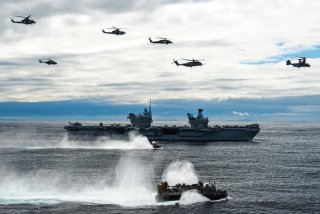Sea Power: “It’s the Economy, Stupid!”
A new book redefines and puts into context the thought of Alfred Thayer Mahan, America's greatest naval theorist.
In many ways, the United States has turned its back on what made it a maritime nation. In the early republic, talk of oceanic trade was as common in the halls of Congress as it was in local taverns and businesses that benefited from merchant trade or shipbuilding. Portions of newspapers were devoted to the latest developments in that trade, dangers they faced, or the all-important schedules of ships departing or arriving. Even New England architecture reflected the direct tie to the sea with the widow’s walks built on house roofs. Early American literature has a strong pull to the sea. Giants like James Fenimore Cooper (a former Navy midshipman), Richard Henry Dana, Herman Melville, and Henry Wadsworth Longfellow (whose uncle and namesake was killed during the Tripoli War) all had seafaring backgrounds. The coasts were dotted with shipyards, large and small, creating and sustaining communities that directly employed local citizens. Today, few active shipyards remain. On the other hand, one Chinese shipyard possesses more manufacturing capacity than all U.S. shipyards combined.
Lambert writes, “Mahan did not write [The Influence of Sea Power upon History] as a playbook for national greatness but rather as one for the protection of national prosperity in a dangerous world.” If Lambert is correct in his assessment, what does this mean for the United States, its allies, and their respective economies and navies today? While the S&P 500 has reached new heights, boosted primarily by a handful of companies, the United States faces economic challenges that make 2024 far different than Mahan’s era, such as a $34 trillion national debt or a widening trade imbalance.
The Neptune Factor is also important for explaining how the ideas behind Mahan’s works evolved or were, by financial necessity, significantly modified. For example, as Mahan wrote his articles and book about the War of 1812, his naval benefactor Admiral Stephen B. Luce cautioned Mahan about dispelling the “popular delusion that ‘we whipped England’ in the war of 1812.” Mahan wanted to eliminate a discussion about single-ship frigate actions in his book because their impact on the war had been exaggerated. But exaggerations and patriotic jingoism, Mahan learned, were more acceptable and more marketable to politicians and the public. This is not to say that Mahan’s works are untrustworthy, but they must be understood within the flag-waving context of the time and in the context of Mahan’s own need to ensure his works were commercially successful.

This extraordinarily well-researched book outlines the need for a properly sized navy to support national goals and economic stability. This could be a new Bible with a coherent liturgy that naval apostles should preach. Perhaps, in a presidential election year, it might even evoke the slogan for the 1992 Clinton campaign posted in the campaign headquarters to remind workers, volunteers, and voters that, even with sea power, “it’s the economy, stupid!” Whether or not the nation will recognize that and act upon it, however, will depend on new apostles ready to convince them.
About the Author:
Claude Berube, Ph.D., teaches at the U.S. Naval Academy and is a retired Navy Commander. His latest naval history book is Rickover Uncensored, which he edited.
Image: Shutterstock.

